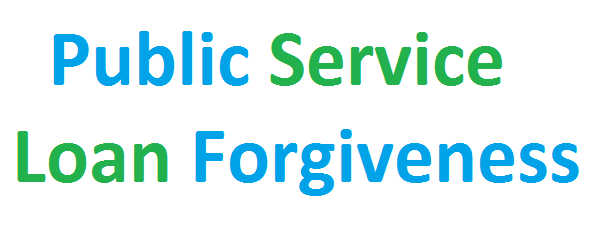“The Lost Ten Years”:
Sometimes I get a little focused on the more unique and “outside the box” solutions that I tend to blog about, and I forget that little things are just as important to obtaining the right result. So I hope to publish a series of Real Life Examples of how people have inadvertently screwed up their student loans – mostly due to the non-transparency of the student loan system – and this has cost them dearly. The point is that maybe our readers will catch something they haven’t done or checked into, or at least help encourage them to email or call a student loan attorney to get a checkup and make sure everything is going according to plan — or make a plan if none exists now.
In this example, someone who consulted with me had recently submitted their Public Service Loan Forgiveness (PSLF) Discharge Application and it was denied. He had worked ten years for the federal government in public safety. He then came to me. I wish he had come to me earlier. After I researched the matter, it turned out that while he had consolidated his loans, the consolidation was done too early in 2005 and well before the Direct loan program even existed. Only Direct loans, and not FFEL loans, are eligible for PSLF. So in order the obtain a discharge of his federal loans, he has to consolidate to the newer loan type, and then wait another ten years (while working full time for the government entity) to apply again. This gentleman is turning 60 this year. It’s extremely unlikely he will still be working in the same position when he is 70.
There are some other lesser known rules out there about the PSLF program. For instance, did you know that eligibility is based upon employer status, and not job type. How is full time work defined? Government contractors do not qualify, neither do volunteers for a non-profit – you must be on payroll. Does the work have to be consecutive for 120 months or can someone work in the private field for a few years in between government jobs. All these factors and more are important.
This gentleman was confused because some of his colleagues were able to obtain the PSLF relief and he was not. Once I explained the reason above, it made sense. But is this a fair result? His loan servicer never suggested that he consolidate again to make his loans eligible for Public Service Loan Forgiveness. Do they have a duty to do so? One can argue they do not have to inform borrowers of their options because the servicers are nothing more than debt collectors. Their true client is the creditor, not the borrower.
So it’s borrower beware. Either take the time to learn everything you need to know, or hire someone who will look out for your best interests. For more information about PSLF or other aspects of student loan debt, please reach out to us on our website at Arkovich Law and/or set a free consultation with us.
 Reboot Your Life: Tampa Student Loan and Bankruptcy Attorney Blog
Reboot Your Life: Tampa Student Loan and Bankruptcy Attorney Blog


